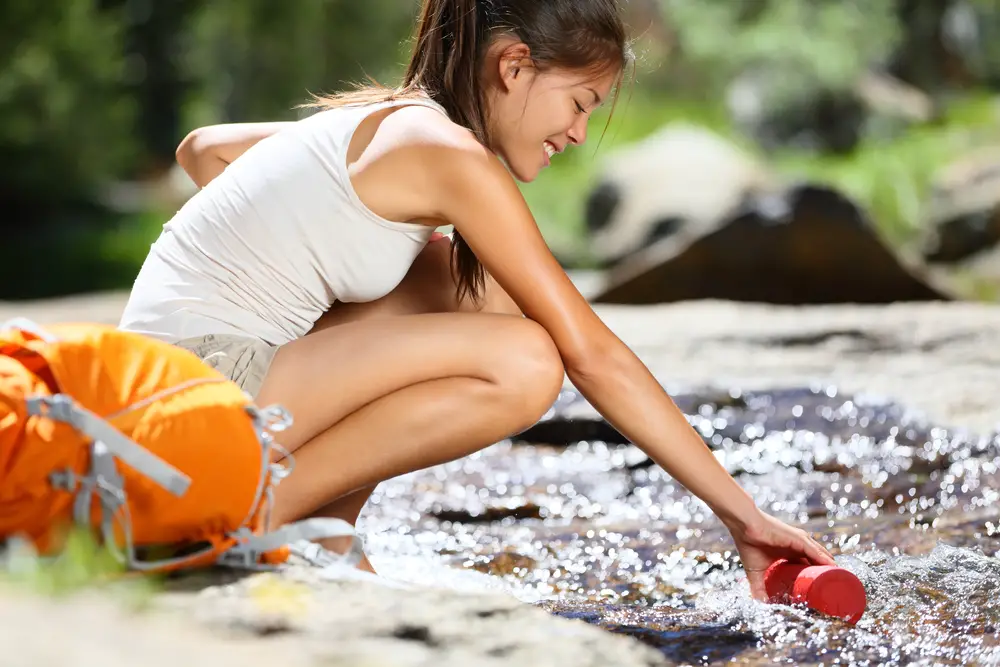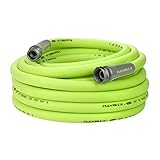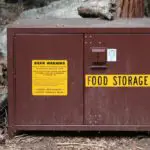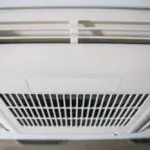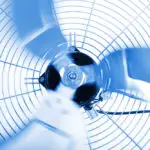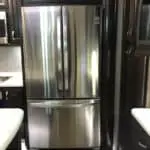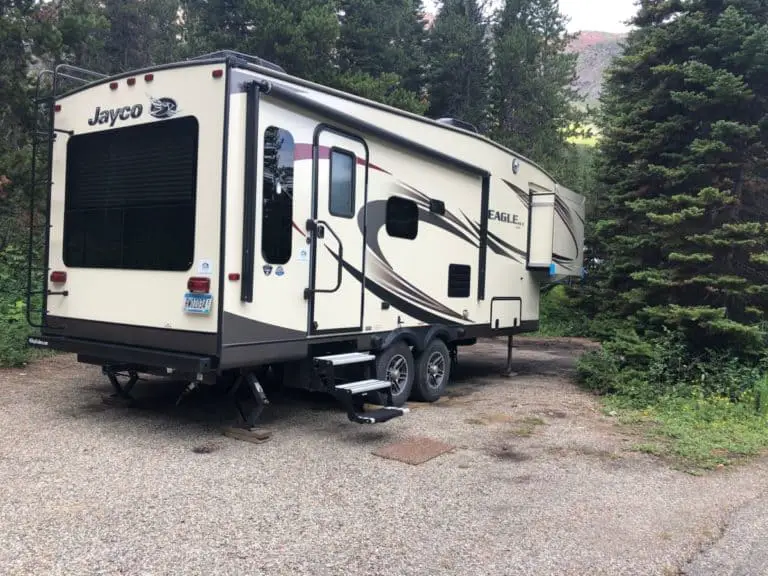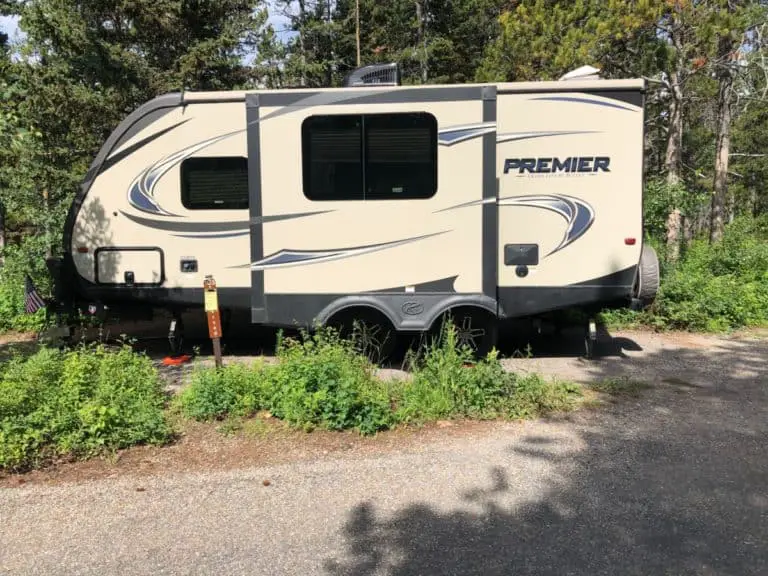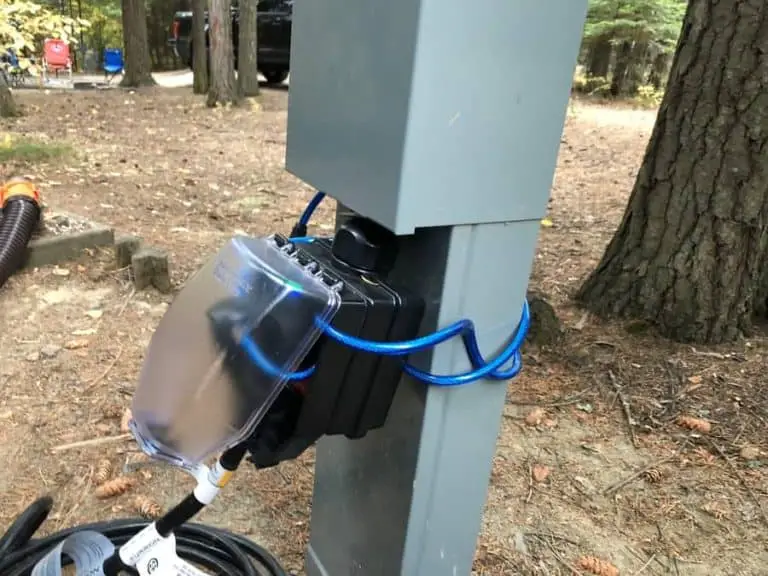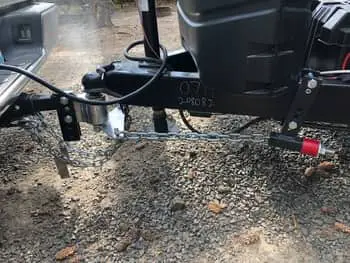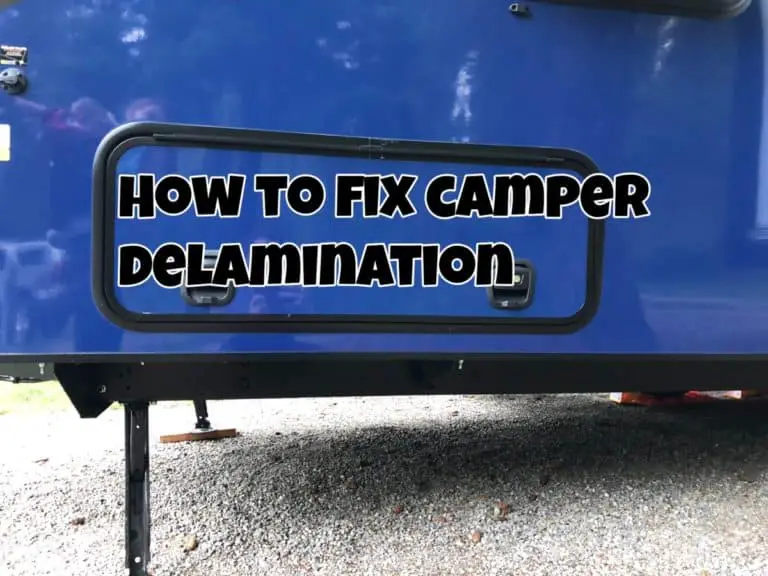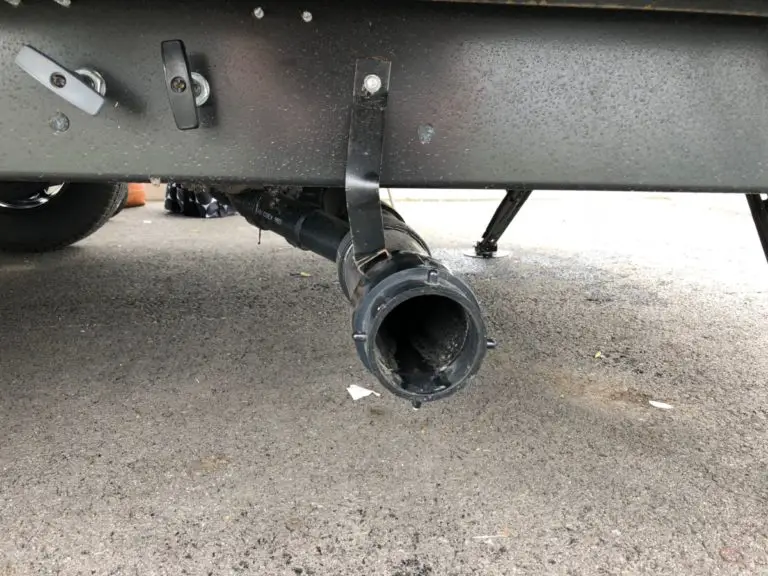Where To Get Water While Boondocking?
The average person can consume between 80 to 100 ounces of fresh water daily. Finding this amount of water can prove difficult when we are boondocking in remote areas. Of course, we won’t use the same amount of water when boondocking as we would at home taking a shower or using the lavatory, but where do we have to look to find this vital source?
Water can be found in various locations ranging from parks and public buildings to truck stops and gas stations. However, some of these outlets will have secured faucets. Therefore, it’s vital to have the proper gear to retrieve the water and purify it if needed.
Even if we know what the most effective way is to find fresh water, we still need alternatives. After all, water is the last thing you want to be without when traveling far and wide. So, what are some alternative locations we can use as a substitute? How can we purify the water? And how do we know if it’s drinkable?
Where Can We Find Water While Boondocking?
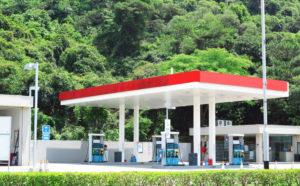
On the road to an adventurous and remote destination, you will pass various locations that will have potable water available. Finding them can prove to be difficult without proper guidance.
Sources and apps like Campendium and iOverlander, respectively, have a wealth of knowledge on where to find ideal locations for dispersed camping and make recommendations for ideal camping solutions. These sources will also provide sites avid boondockers use to find fresh water.
Doing some research with these sources can help you schedule where to stop and fill up on water before finding yourself in a desolate area. However, there are some common locations we should be on the lookout for when traveling. Let’s take a look at a few:
- Parks and public buildings always have water available for the public to use. Some national parks are near the national forest; therefore, it might be one of the simplest solutions when RV boondocking. However, national forests have been known to have trouble with their faucets, so take good care to avoid wasting water.
- Campgrounds and RV parks will have water available but if you are not staying at the campground there may be a fee to use their water.
- Commercial buildings usually have hose Bibbs at the back of the building where workers dispose of their trash. When you are a customer of these businesses, you can ask their permission to fill up your jugs with their faucets. Commercial buildings like cell phone stores, drug stores, and even veterinary hospitals should have water faucets available.
- Gas stations and truck stops also have water faucets available for the customers to use. This can be a convenient solution for filling up your jugs with water as you are already filling your car with gas. Gas stations do not always have hose bibbs available; therefore, it’s essential to plan your pit stops accordingly.
What Tools Do I Need To Retrieve The Water?
Although there are a few locations where we can find access to freshwater, we still need to be able to retrieve it. Most of these locations will only provide the opportunity to get water, but a successful retrieval and storage of the water will be our responsibility. The following are the necessary tools we need to retrieve water from these popular locations:
- Firstly, a suitable hose is a vital tool for retrieving water because we might not be able to park close enough to the faucet to get the water. Not all locations will have a hose available to use, and even if they do, it might not be in the best condition. The hose can be used to fill the fresh water tank in the camper or fill water containers with the water. Remember that a flexible hose can fold to half its size, which will make storage easier. Here is the hose we recommend!
- Secondly, the water needs to be stored once retrieved. The most common solution is using a water jug because they are easy to find and handle for usage. Another popular storage method is a water bladder. Not only are water bladders made from durable materials, but they also store easily once emptied, or lastly you may just be filling the fresh water tank in your recreational vehicle. If you want to load up on a lot of water, here is a 25 gallon option.
- Thirdly, purchasing an “on and off switch” with a flexible hose protector will be be bneficial. This will make it easier to retrieve water as it allows you to stop the water flow at the end of the hose instead of at the source. In addition to this, it will also be possible to reallocate water from the bladder to the jugs when needed.
- Fourthly, a “four way key” will be necessary to open hose bibbs that do not have handles. The owners often remove handles to avoid waste, so it’s essential always to have the tool available just in case.
- Finally, it’s necessary to filter your water for personal use. It’s Vital to purify the water, even if it comes from a faucet.
How To Sanitize Water When Boondocking?
All dispersed campers will tell you that storage is a vital key to a non-stressful adventure. Therefore, it’s not ideal to buy large quantities of bottled drinking water and struggle to find space to store them. Instead, invest in a filter system to purify fresh water from any source.
There are a lot of water filters available that will be worth considering if you’re planning on traveling to remote locations. However, in the most extreme cases of boondocking where there are no faucets to speak of and the nearest water source is a lake or river, Guzzle H2O provides a solution with its product “the stream.”
The stream can pump, filter, and purify up to 90 gallons of water before it needs to be re-charged. This machine can be connected to a faucet’s hose or even be placed directly into a creek or lake to purify and filter water as it retrieves it. The whole system is waterproof, and the built-in pump creates a convenient and effortless method of retrieving water from any source.
Systems like “the stream” and “Big Berkey” have been tested to inactivate 99% of bacteria, protozoa, and viruses. It’s ideal to invest in water filter systems like these for future use as they can be beneficial in any situation, especially unexpected ones.
Conclusion
Retrieving fresh water from popular locations might be more difficult than finding them in the first place. Therefore, always have the necessary gear and tools with you when planning on retrieving water from a source. Whether you need a four-way key to open up a commercial building’s faucet or need to use a filter to purify lake water, be prepared for any situation. Happy camping!
Be the first to be notified about FREE tips, hints, coupon codes, and email-exclusive information. All for FREE!

